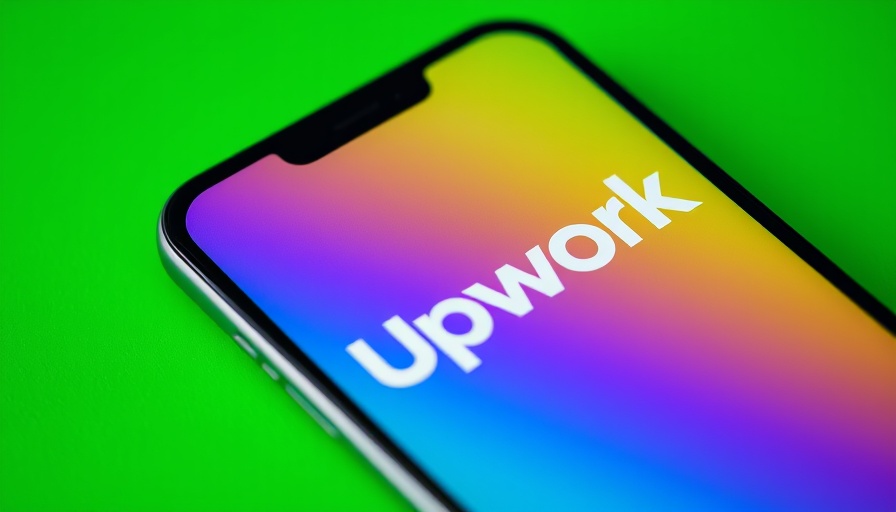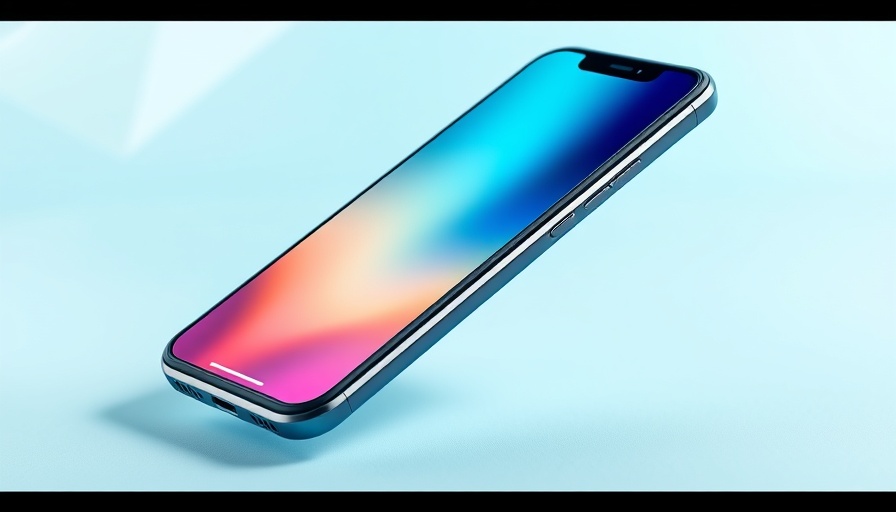
Upwork Expands into Corporate Staffing: A Game Changer for Healthcare IT
In a bold move marking its entry into the corporate staffing sector, Upwork has announced the acquisition of Bubty and Ascen, two companies that provide comprehensive workforce management solutions. This strategic shift enables Upwork to leverage its strengths in connecting businesses with independent contractors and expand its offerings to include various staffing solutions tailored specifically for enterprise needs.
Why This Matters for Healthcare Professionals
Healthcare organizations, particularly hospitals and clinics, often face unique compliance and staffing challenges. With the launch of its standalone enterprise-focused business, Upwork aims to fill the gap that many healthcare IT leaders experience when procuring talent. These new solutions will allow healthcare CIOs and managers to tap into a larger workforce, including temporary staff and contractor services, while ensuring compliance with strict regulations in the healthcare industry.
Insight from Upwork's Leadership
According to Upwork President and CEO Hayden Brown, the company's enterprise business already represents a significant portion of its overall revenue, estimated at $100 million out of $750 million annually. Brown emphasizes that the current market demands a solution that combines flexibility with compliance. This requirement is particularly relevant to IT managers in healthcare settings who are tasked with integrating new technologies while adhering to regulatory standards.
The Impact on Compliance and Scalability
The new enterprise unit will feature contract options like employer of record, staff augmentation, and agent of record, which are crucial for healthcare providers looking to scale operations without compromising on compliance. This initiative positions Upwork not just as a gig economy player, but as a comprehensive staffing partner capable of meeting the diverse needs of large healthcare organizations.
Future Directions in Workforce Management
As healthcare continues to evolve technologically, the integration of freelance and contract talent into traditional employment structures will be essential. Upwork’s move to create a standalone entity reflects an understanding of this trend, positioning itself to adapt to the changing landscape of work in the healthcare sector. The demand for agile staffing solutions is only set to increase, and Upwork aims to be at the forefront of this transformation.
 Add Row
Add Row  Add
Add 




Write A Comment